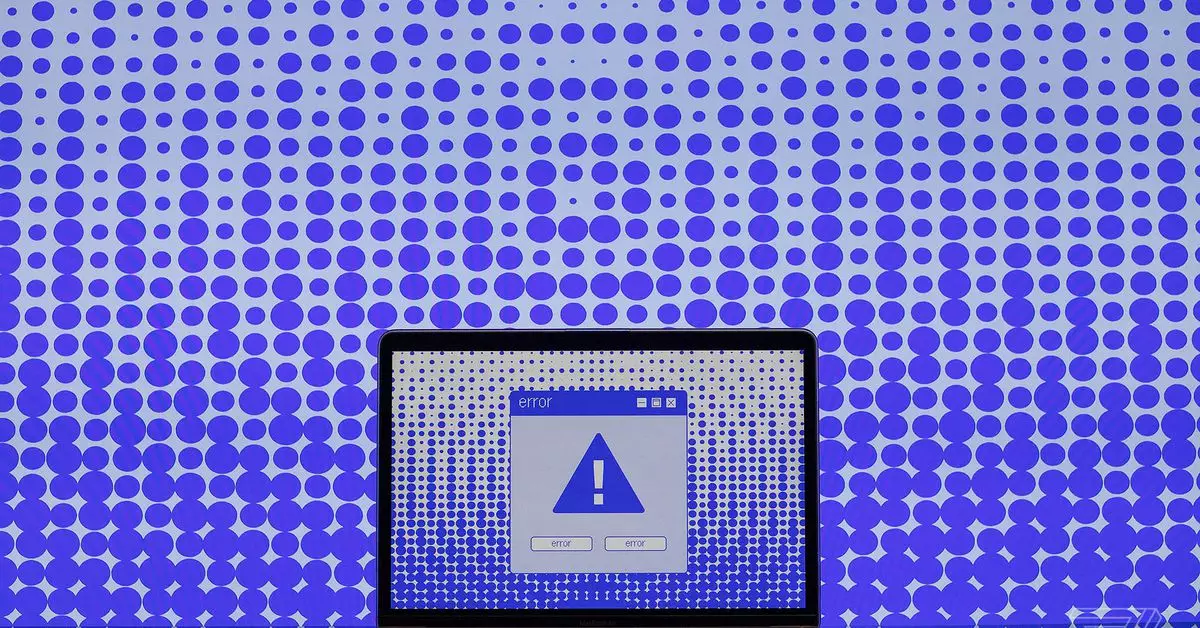In an age where digital resources are increasingly vital for research and access to information, the recent cyberattack on the Internet Archive has created significant concern within the online community. Founded with the mission to provide free access to a vast collection of digital content, the site experienced a devastating data breach and DDoS attack that compromised the information of over 31 million users. This incident raises critical questions regarding data security and the measures organizations must adopt to protect sensitive user information.
The attackers reportedly made attempts to exploit vulnerabilities in the system, ultimately leading to the exposure of personal information tied to users, such as email addresses and password change timestamps. Such breaches can have far-reaching consequences, not only jeopardizing user privacy but also diminishing public trust in digital platforms. In this context, it is essential to evaluate how the Internet Archive is responding to this threat and what it means for the future of digital archiving.
Immediate Response and Assurance of Security
Brewster Kahle, the founder of the Internet Archive, has reassured the public that the organization is working diligently to restore services while ensuring the protection of collected data. His announcement clarified that while services will be temporarily offline, the security of the data itself has not been compromised. This response emphasizes a commitment to transparency and the importance of taking the necessary time to examine and enhance security measures.
However, it remains critical for organizations like the Internet Archive to adopt proactive rather than reactive strategies to cybersecurity. The nature of the Internet means that threats are constantly evolving, and users should not have to rely solely on the aftermath of a breach for assurance. Comprehensive security protocols, regular audits, and user education regarding safe practices are vital components that should be prioritized to prevent similar incidents in the future.
The fallout from this cyberattack serves as a reminder of the interconnectedness of the digital community. Institutions like Have I Been Pwned, which alerts users when their data appears in breaches, play a crucial role in empowering individuals to understand their online vulnerabilities. The proactive stance taken by such platforms showcases the importance of collaboration in the fight against cyber threats.
As a community, users must also hold organizations accountable for their cybersecurity measures. With millions of individuals relying on services like the Internet Archive, there is an implicit expectation that organizations safeguard user data effectively. The recent breach could act as a catalyst for broader discussions on the importance of cybersecurity standards across all digital platforms, not just those housing sensitive information.
Ultimately, the path forward for the Internet Archive will require transparent communication with its users and efforts to restore faith in the platform. As services are expected to resume shortly, it will be essential for the organization to highlight not only the measures taken to rectify the breach but also the steps being implemented to bolster security against future attacks.
To navigate the complexities of the digital age, organizations must remain vigilant and adaptable, ensuring robust safeguards are in place to protect their users. With the right approaches, platforms like the Internet Archive can emerge from this ordeal stronger and more secure, reaffirming their invaluable role in preserving digital heritage for generations to come.

